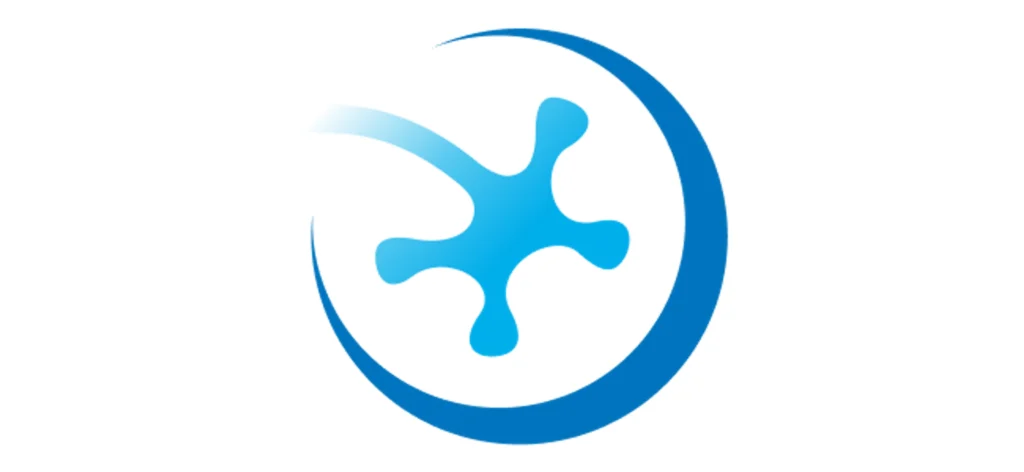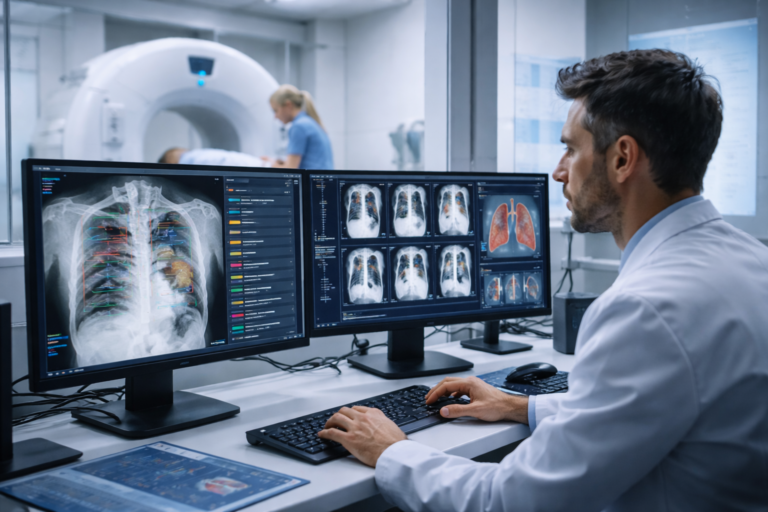
UroGen Shares ENVISION Trial Subgroup Analysis on Tumor Burden and UGN-102 Response
UroGen Pharma Ltd. (Nasdaq: URGN) announced results from subgroup analyses of the pivotal ENVISION study, assessing the impact of tumor burden and focality on the response to UGN-102, an investigational drug for treating LG-IR-NMIBC. The analysis revealed similar complete response (CR) rates and duration of response (DOR) across various levels of tumor burden and number of tumors at baseline in patients treated with UGN-102. These findings were presented today at the ASCO GU 2025 in the poster titled, “Impact of Tumor Burden or Focality in Recurrent Low-Grade Intermediate-Risk Non-Muscle-Invasive Bladder Cancer on Response to Treatment with UGN-102: A Substudy of the Phase 3 ENVISION Trial.”
UroGen Pharma Ltd. has released results from a subgroup analysis of the Phase 3 ENVISION study, focusing on the impact of tumor burden and focality on the response to UGN-102, an investigational drug for low-grade intermediate-risk non-muscle invasive bladder cancer (LG-IR-NMIBC). This analysis revealed consistent complete response (CR) rates and durability across patients with different tumor burdens and numbers of tumors. A majority of patients who achieved CR at three months maintained their response for 12 months, demonstrating UGN-102’s potential as a durable treatment for recurrent LG-IR-NMIBC, regardless of tumor size or focality.
The ENVISION study enrolled 240 patients with recurrent LG-IR-NMIBC who received at least one dose of UGN-102. A significant 95% of participants (228 out of 240) completed all six weekly intravesical instillations. In the pre-specified subgroup analysis, CR rates were 82.8% in patients with a tumor burden of ≤3 cm (149 out of 180) compared to 73.2% in patients with tumor burden >3 cm (30 out of 41).
Recurrence, progression, or death unrelated to treatment occurred in 15.4% of patients with smaller tumors and 20% with larger tumors by the 15-month mark. Among the 191 patients with multiple tumors who achieved CR, the CR rate at three months was 79.3%, while it was 82.9% for those with a single tumor. Recurrence rates for multiple tumors were 18.5%, compared to 11.8% for those with a single tumor.

Mark Schoenberg, M.D., Chief Medical Officer of UroGen, expressed optimism about these results, emphasizing the potential for UGN-102 to offer durable responses for patients facing recurrent disease and the need for repeated surgeries. The ENVISION trial’s primary efficacy results showed a 79.6% CR rate at three months, with 82.3% of patients expected to remain in response for 12 months, based on Kaplan-Meier estimates. These findings further reinforce UGN-102’s potential to change the treatment landscape for LG-IR-NMIBC, where recurrence and progression are ongoing challenges.
UGroGen began submitting a rolling New Drug Application (NDA) to the U.S. FDA for UGN-102 in January 2024 and completed the submission ahead of schedule in August. The FDA has accepted the NDA for review, with a Prescription Drug User Fee Act (PDUFA) goal date of June 13, 2025.
The most common treatment-emergent adverse events (TEAEs) reported in the ENVISION trial were dysuria, hematuria, urinary tract infections, pollakiuria, fatigue, and urinary retention. These were generally mild to moderate in severity and either resolved or were in the process of resolving. The safety profile of UGN-102 in the ENVISION study was similar to that observed in other studies of the drug.
While the study provided valuable insights, it did have limitations, including the small sample size of some comparator groups and its single-arm design.
An additional analysis, presented in another poster titled “Treatment of Low-Grade Intermediate-Risk Non-Muscle Invasive Bladder Cancer with UGN-102: Results of the Phase 3 ATLAS and ENVISION Studies,” highlighted the robust CR rate in patients treated with UGN-102 across both studies. In the ATLAS trial, UGN-102 reduced the risk of recurrence, progression, or death by 54% compared to standard transurethral resection of bladder tumor (TURBT). The hazard ratio for duration of response in ATLAS was 0.46 (95% CI 0.24, 0.86) in favor of the UGN-102 arm. Common adverse events in both the ENVISION and ATLAS studies included dysuria, reported in 22.5% of ENVISION patients and 30.4% of ATLAS patients.
UGN-102 is an innovative formulation of mitomycin for intravesical use, utilizing UroGen’s proprietary RTGel® technology, which provides sustained release of the drug, ensuring prolonged exposure to bladder tissue. This enables non-surgical treatment of bladder tumors. Delivered via urinary catheter, UGN-102 is administered by trained healthcare professionals in an outpatient setting.
In the U.S., bladder cancer is the second most common urologic cancer in men, and LG-IR-NMIBC accounts for approximately 23,000 new diagnoses each year, along with an estimated 59,000 recurrences. The median age of diagnosis for bladder cancer is 73, and up to 70% of NMIBC patients experience at least one recurrence, with LG-IR-NMIBC patients more likely to experience frequent recurrences and require repeated TURBT procedures.
The ENVISION trial is a multinational, multicenter, single-arm Phase 3 study evaluating UGN-102 as a chemoablative therapy for LG-IR-NMIBC. With approximately 240 participants across 56 sites, the study evaluates the CR rate at three months and durability in patients who achieve a CR.




